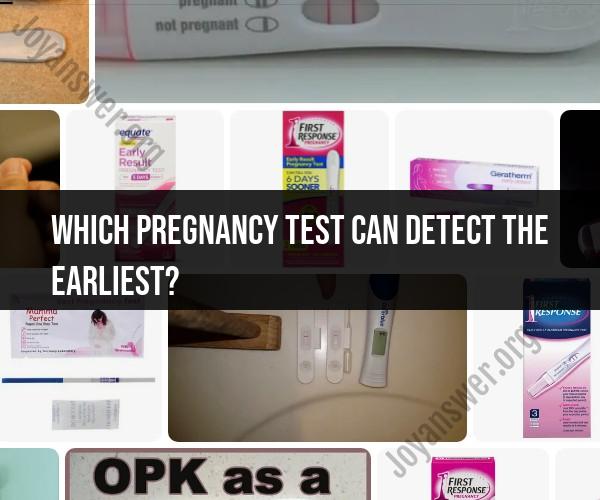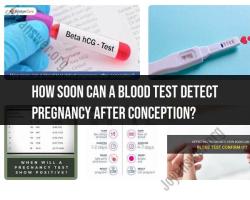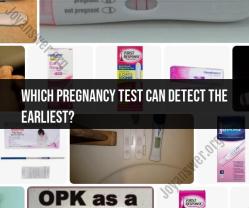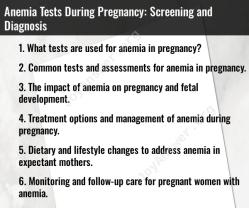Which pregnancy test can detect the earliest?
The earliest pregnancy tests that can detect pregnancy are those that measure the levels of the hormone human chorionic gonadotropin (hCG) in the body. The most sensitive tests available are early detection home pregnancy tests and blood tests performed by a healthcare provider. Here’s a detailed comparison:
1. Home Pregnancy Tests (HPTs)
- Early Detection Home Pregnancy Tests:
- These tests are designed to detect lower levels of hCG, allowing for earlier detection of pregnancy.
- Brands like First Response Early Result (FRER) can detect hCG levels as low as 6.5 mIU/mL, which means they can often detect pregnancy as early as 6 to 8 days after ovulation or about 6 days before your missed period.
- Usage: Typically involves urinating on a test stick and waiting for a few minutes to see the result.
2. Blood Tests
Quantitative hCG Blood Test:
- Also known as a beta hCG test, this test measures the exact amount of hCG in the blood.
- It can detect very low levels of hCG, even before a missed period, and can provide more detailed information about the pregnancy.
- Usage: Requires a blood sample taken by a healthcare provider and sent to a lab for analysis.
Qualitative hCG Blood Test:
- This test simply checks if hCG is present in the blood and provides a yes or no answer.
- It can detect pregnancy around 7-12 days after conception.
- Usage: Similar to the quantitative test, it requires a blood sample.
Comparison and Considerations
- Sensitivity: Early detection HPTs and quantitative blood tests are the most sensitive, capable of detecting pregnancy the earliest.
- Timing: Blood tests can potentially detect pregnancy slightly earlier than home tests since they can measure very low levels of hCG.
- Convenience: Home tests offer privacy and convenience, allowing for testing at home without a visit to the doctor.
- Accuracy: Both types of tests are highly accurate when used correctly, but blood tests can provide more precise measurements of hCG levels.
When to Take a Test
- For the most accurate result with a home pregnancy test, it's best to wait until the day of your expected period. However, if you are eager to know sooner, opt for an early detection test which can be used 6 days before your missed period.
- For blood tests, consult your healthcare provider to determine the best time to test based on your ovulation and menstrual cycle.
Conclusion
To detect pregnancy the earliest, consider using a highly sensitive early detection home pregnancy test like First Response Early Result, or consult your healthcare provider for a quantitative hCG blood test. Both options can provide early and reliable detection of pregnancy.
Which type of pregnancy test offers the earliest detection capability?
There are two main types of pregnancy tests: home pregnancy tests and blood tests performed by a healthcare professional.
Home pregnancy tests: These tests can detect the presence of the pregnancy hormone, human chorionic gonadotropin (hCG), in urine. The earliest detection time varies depending on the specific test. Some highly sensitive tests claim to detect pregnancy as early as 6 days before your missed period. However, for most home pregnancy tests, the accuracy is highest with testing on the day of your missed period or later.
Blood tests: Blood tests can detect hCG levels earlier than urine tests. They can be performed as early as 6-8 days after ovulation. However, blood tests are not typically recommended for routine pregnancy detection unless a home test is negative and a woman has a high suspicion of pregnancy or there are other risk factors involved.
Here's a summary table:
| Pregnancy Test Type | Earliest Detection Time | Considerations |
|---|---|---|
| Home Pregnancy Test | 6 days before missed period (highly sensitive tests) | Accuracy is highest on the day of missed period or later |
| Blood Test | 6-8 days after ovulation | Not routinely recommended; for cases with negative home test and high suspicion of pregnancy or other risk factors |




